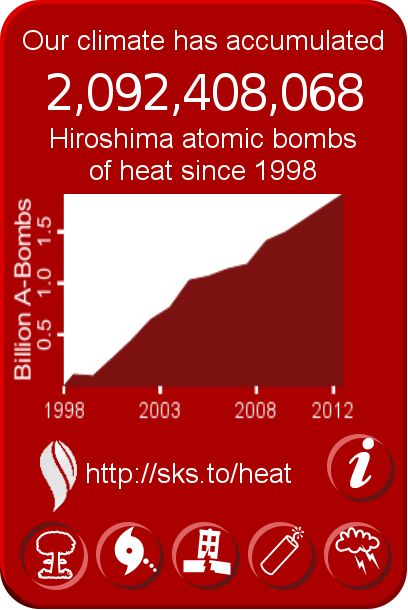On September 11, 2014, I stepped into the United Nations for the first time. Attending the High-Level Stocktaking Event on the Post-2015 Development Agenda, I had the opportunity to see the President of the General Assembly, the Secretary-General, heads of nearly every department, and even, oddly enough, the director of Love Actually.
That was the first time I saw the post-2015 development agenda discussion in action, and I was amazed at the capacity of its potential impact. For those that don’t know, the Sustainable Development Goals, or SDGs, are universal goals set by the countries of the United Nations to begin when the current Millennium Development Goals expire in 2015. They grew out of the outcome document from Rio +20 entitled The Future We Want. In the report, the member states agreed that the "SDGs should be action-oriented, concise and easy to communicate, limited in number, aspirational, global in nature and universally applicable to all countries while taking into account different national realities, capacities and levels of development and respecting national policies and priorities" (Paragraph 247).
The process of creating the post-2015 development agenda, of which the SDGs are one component, is led by UN member states with participation from a variety of groups and civil society stakeholders. The most notable inputs into the agenda thus far are the proposals by an open working group on the content of the goals, the report of an intergovernmental committee of experts on sustainable development financing, and discussions on technology facilitation, among others.
The Open Working Group (OWG) is the primary basis for integrating the SDGs into the future development agenda. The OWG held 13 sessions over the course of a year and in July 2014 agreed on a set of 17 goals and 169 targets to submit to the UN General Assembly for consideration. .
17 Sustainable Development Goals proposed by the Open Working Group
Goal 1 End poverty in all its forms everywhere
Goal 2 End hunger, achieve food security and improved nutrition and promote sustainable agriculture
Goal 3 Ensure healthy lives and promote well-being for all at all ages
Goal 4 Ensure inclusive and equitable quality education and promote lifelong learning opportunities for all
Goal 5 Achieve gender equality and empower all women and girls
Goal 6 Ensure availability and sustainable management of water and sanitation for all
Goal 7 Ensure access to affordable, reliable, sustainable and modern energy for all
Goal 8 Promote sustained, inclusive and sustainable economic growth, full and productive employment and decent work for all
Goal 9 Build resilient infrastructure, promote inclusive and sustainable industrialization and foster innovation
Goal 10 Reduce inequality within and among countries
Goal 11 Make cities and human settlements inclusive, safe, resilient and sustainable
Goal 12 Ensure sustainable consumption and production patterns
Goal 13 Take urgent action to combat climate change and its impacts*
Goal 14 Conserve and sustainably use the oceans, seas and marine resources for sustainable development
Goal 15 Protect, restore and promote sustainable use of terrestrial ecosystems, sustainably manage forests, combat desertification, and halt and reverse land degradation and halt biodiversity loss
Goal 16 Promote peaceful and inclusive societies for sustainable development, provide access to justice for all and build effective, accountable and inclusive institutions at all levels
Goal 17 Strengthen the means of implementation and revitalize the global partnership for sustainable development
theenergycollective






 ).
).

